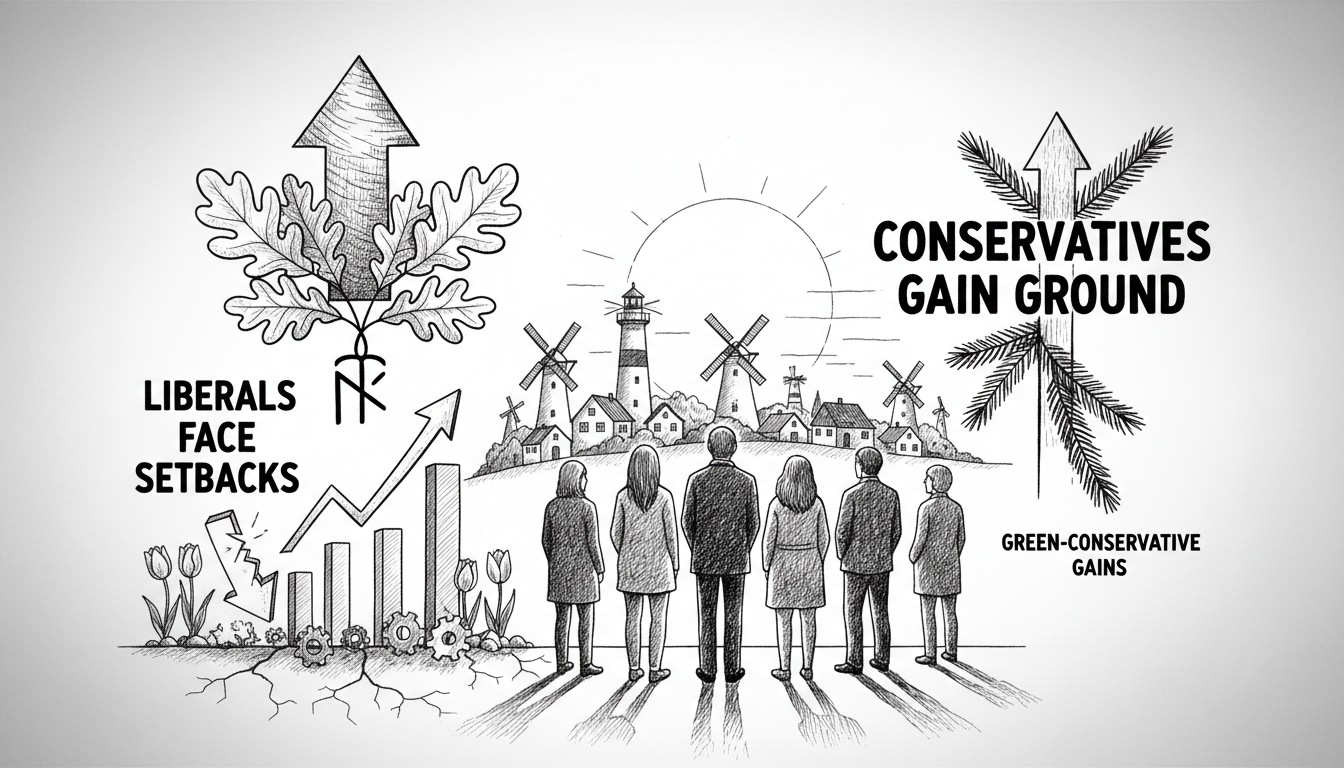Danish political parties are negotiating intensely following recent municipal elections. The Conservative People's Party has secured several mayor positions across the country. Meanwhile, the Liberal Party faces substantial losses in multiple municipalities.
The Conservatives maintained their strong position despite failing to reclaim Frederiksberg. A clear pattern of green-conservative gains is emerging across Danish municipalities. This shift represents a significant realignment in local political power structures.
Danish municipal elections determine leadership for 98 municipalities every four years. Mayors hold substantial influence over local services, including schools, elderly care, and infrastructure. These elections often serve as important indicators of national political trends.
International readers should understand Denmark's multi-level governance system. Municipal councils make decisions on local matters while following national guidelines. Mayor positions carry both symbolic and practical importance in Danish communities.
The Conservative gains suggest voters are responding to their messaging on economic responsibility and environmental sustainability. Their success in securing mayor positions indicates broader public support for center-right policies at the local level.
The Liberal Party's decline marks a continuation of challenges the party has faced in recent years. Once Denmark's dominant center-right party, they now struggle to maintain their traditional strongholds. This election result may prompt internal reassessment of their political strategy.
What do these local election results mean for Denmark's political future? Municipal victories often translate into increased momentum for national campaigns. Parties that perform well locally typically gain valuable organizational experience and public visibility.
The green-conservative wave reflects evolving voter priorities in Denmark. Citizens appear to be seeking policies that balance economic growth with environmental protection. This trend aligns with similar political movements across Northern Europe.
Local election outcomes directly impact daily life for Danish residents. Mayors influence everything from school quality to public transportation. The Conservative gains could mean shifts in how municipalities approach development and environmental regulations.
These results come amid ongoing national political discussions about Denmark's future direction. The municipal election outcomes will likely influence upcoming parliamentary debates and policy decisions. All parties will be analyzing these results to adjust their national strategies.
Danish political experts note that local elections often surprise national observers. Community-specific issues frequently override national political trends. The Conservative success suggests they've effectively connected with local concerns across diverse municipalities.

